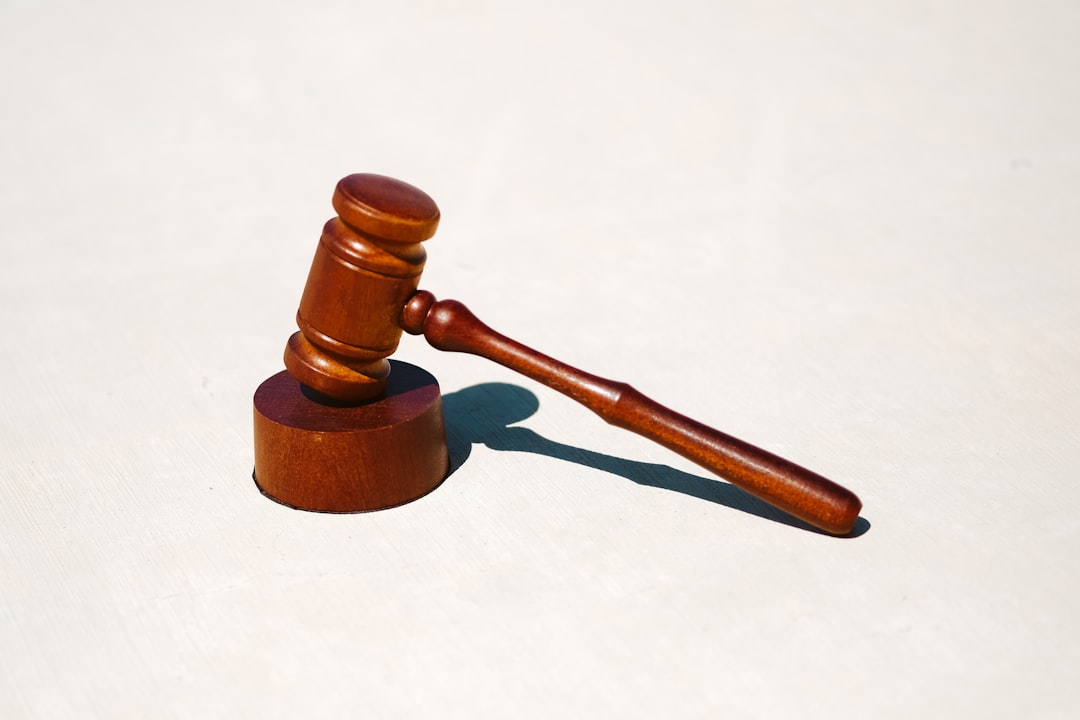In Washington state, sexual abuse in elder care facilities is a pressing issue due to the vulnerability of elderly residents relying on caregivers. Sexual assault lawyers play a critical role in protecting these victims by guiding them through complex legal systems, helping them secure justice, compensation, and accountability under applicable laws. These specialists are essential for holding accountable those responsible and preventing future abuse within Washington's elder care system. When pursuing legal action against an elder care facility for sexual abuse, partnering with experienced sexual assault lawyers Washington is crucial for navigating state-specific laws and regulations related to elder care.
Sexual abuse in elder care facilities is a grave concern, especially in Washington state. This article delves into the issue, offering insights from a Washington perspective. We explore the legal framework protecting residents and outline victims’ rights and available recourse. Furthermore, we guide readers through navigating legal action with sexual assault lawyers Washington, providing essential steps to seek justice. Understanding these protections is crucial for ensuring accountability and safety in elder care settings.
Understanding Sexual Abuse in Elder Care: A Washington Perspective

In Washington, understanding and addressing sexual abuse in elder care facilities is a pressing issue that requires immediate attention. Elderly individuals, who often rely on caregivers for their well-being, are particularly vulnerable to sexual exploitation and assault. Recognizing this problem is the first step towards prevention and legal recourse. Sexual assault lawyers in Washington play a vital role in holding accountable those responsible for such heinous acts within care facilities.
The state’s laws and regulations aim to protect residents by establishing strict standards of care, but enforcement remains challenging. Victims of sexual abuse often face barriers to speaking out due to fear, shame, or a lack of understanding about their rights. It is here that legal professionals specializing in this field step in, providing guidance and support to ensure justice for the victims. Sexual assault lawyers Washington-based can navigate complex legal systems, offering expertise in securing compensation and holding facilities, staff, and perpetrators accountable under applicable laws.
Legal Framework: Rights and Recourse for Victims

In Washington, the legal framework surrounding sexual abuse in elder care facilities is designed to protect vulnerable individuals and provide recourse for victims. Victims have the right to seek justice and hold accountable those responsible for such heinous acts. Sexual assault lawyers in Washington play a crucial role in guiding survivors through complex legal processes, ensuring they receive the support and compensation they deserve.
These legal professionals are well-versed in state laws and regulations pertaining to elder care and sexual misconduct. They assist victims in navigating the system, filing criminal complaints, and pursuing civil lawsuits against the facilities and individuals involved. With their expertise, survivors can assert their rights, seek medical and emotional damages, and contribute to preventing future instances of abuse within Washington’s elder care system.
Navigating Legal Action: Steps to Seek Justice with Sexual Assault Lawyers Washington

When considering legal action against an elder care facility in Washington for sexual abuse, it’s crucial to partner with experienced sexual assault lawyers Washington. The process can be complex and emotionally taxing, making expert guidance indispensable. These attorneys specialize in navigating the unique challenges of these cases, including understanding state laws and regulations specific to elder care facilities.
The first steps involve gathering evidence, documenting incidents, and identifying potential witnesses. Sexual assault lawyers Washington will then assess the case’s strengths and weaknesses, advise on the best legal strategies, and represent the victim throughout the legal process. This may include negotiating a settlement with the facility or preparing for trial if necessary.






